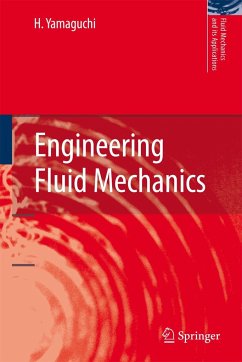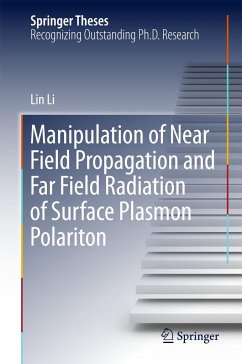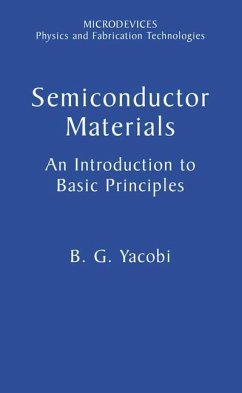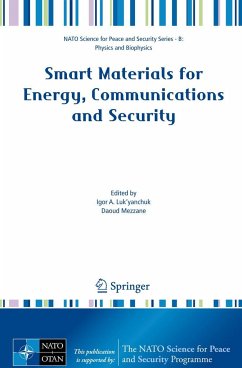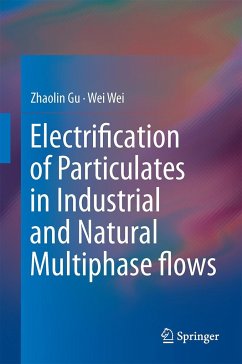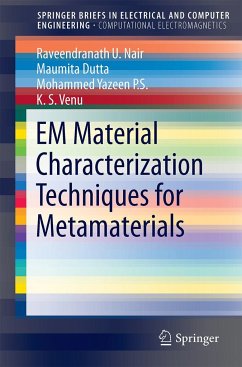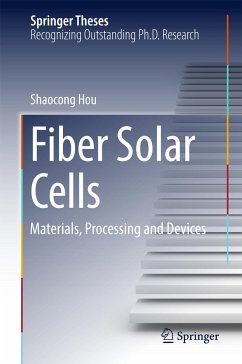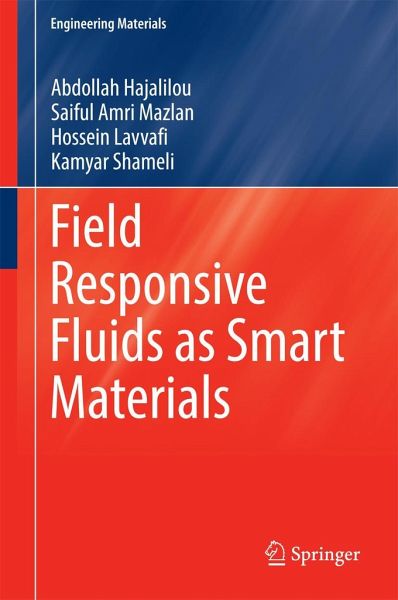
Field Responsive Fluids as Smart Materials
Versandkostenfrei!
Versandfertig in 6-10 Tagen
76,99 €
inkl. MwSt.
Weitere Ausgaben:

PAYBACK Punkte
38 °P sammeln!
This book is about field responsive fluids as smart materials, which includes magneto-rheological (MR) fluids, electro-rheological (ER) fluids and ferrofluids. It reviews the previous works and considers all the aspects that can help researchers and industries to choose proper materials as MR fluid constituents. Topics in magnetism and types of magnetic materials are presented. This includes the effect of magnetizable particles behaviors such as size, shape and density. The type of materials on the rheological properties is also compared for MR, ER and ferro-fluids. The second part of the book...
This book is about field responsive fluids as smart materials, which includes magneto-rheological (MR) fluids, electro-rheological (ER) fluids and ferrofluids. It reviews the previous works and considers all the aspects that can help researchers and industries to choose proper materials as MR fluid constituents. Topics in magnetism and types of magnetic materials are presented. This includes the effect of magnetizable particles behaviors such as size, shape and density. The type of materials on the rheological properties is also compared for MR, ER and ferro-fluids. The second part of the book discusses advanced topics for MR, ER and ferro-fluids comparing some of the properties between the field responsive fluids. This book appeals to engineers, researchers and practitioners in the area of materials and mechanical engineering with interest in the field responsive fluids.





